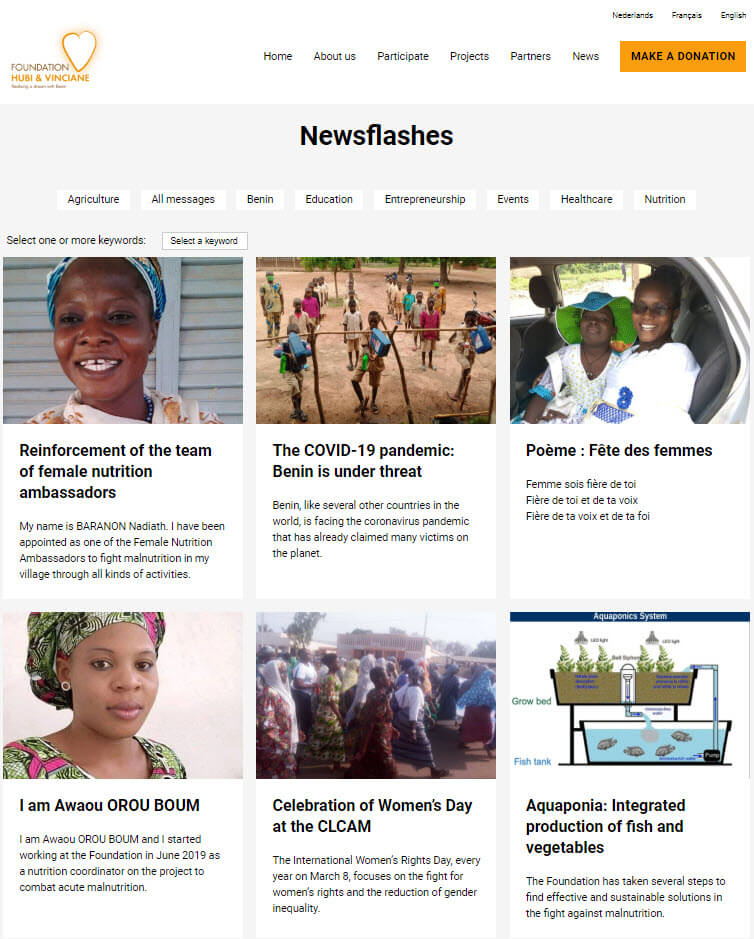School Gardens
The project
We want to establish and plant vegetable gardens in all schools in our intervention area. The school canteens can then use the harvest to prepare balanced meals. And students will learn how to grow different fruits and vegetables themselves.
The school gardens project aligns with the Benin National Program for Nutrition Integrated at School (PNASI). Thanks to that program, all students in public elementary schools receive a hot meal every day. Otherwise, children go home at noon to eat and often do not return – as many have to walk several kilometres to and from school. The government mainly provides maize, rice and other grains.
Our nutritionist and social assistants teach the cooking mothers how to make meals richer and more balanced by adding plenty of fruits and vegetables. The school gardens come in handy for this purpose.
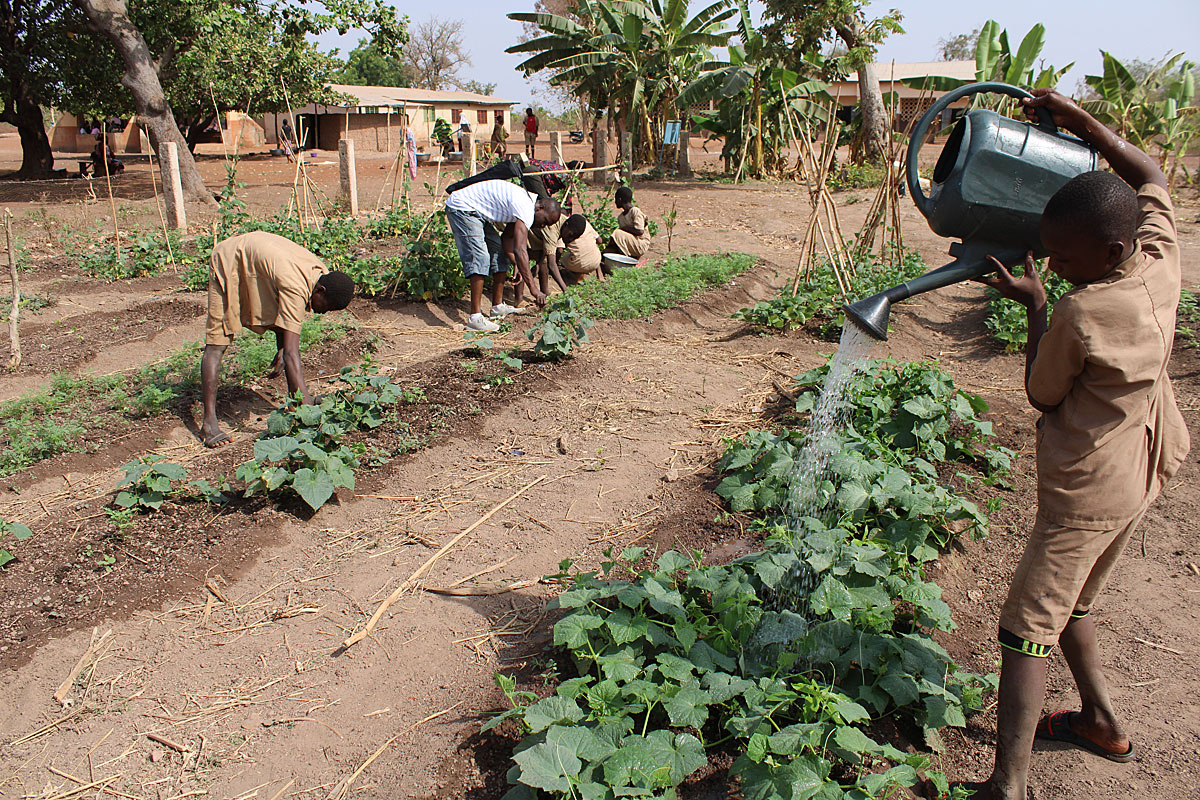
Objectives
The school gardens aim to provide the school canteens with fresh and nutritious produce, and make students aware of the importance of a healthy and balanced diet. The children also learn how to grow vegetables and food production. Thanks to this knowledge, they can manage their own little garden at home as mini-entrepreneurs and sell their produce.
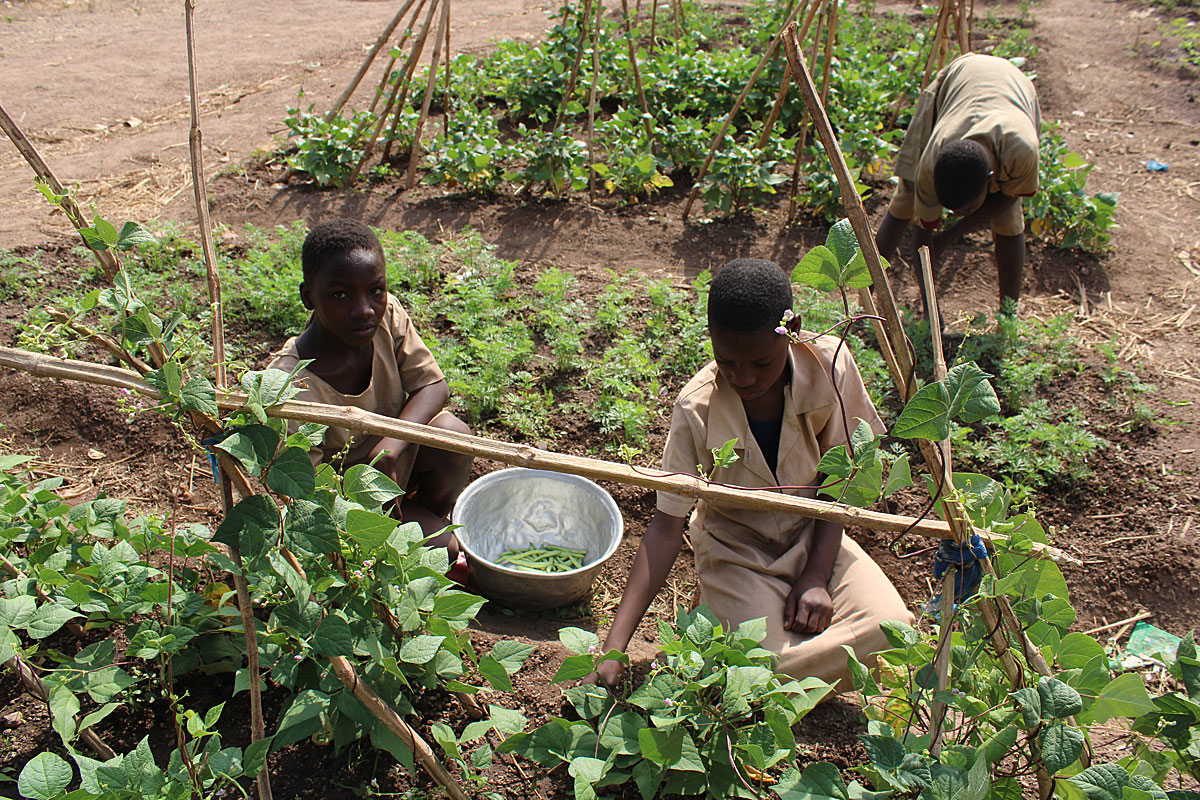
Description
Together with local authorities and the teachers of the schools involved, we have already laid out 27 vegetable gardens in the 111 schools we work with. Our agricultural advisors advise teachers on the construction and planting of the garden. They also suggest which vegetables to plant, when and how to care for them optimally.
We provide garden seed and planting materials and small working equipment. Crops include tomatoes, lettuce, amaranth (red and green), nightshade, chilli, carrot, banana, etc. Cooperatives manage the gardens, and this is going well.
Neighbours and teachers can purchase the vegetables not used in the cafeteria for a limited price.
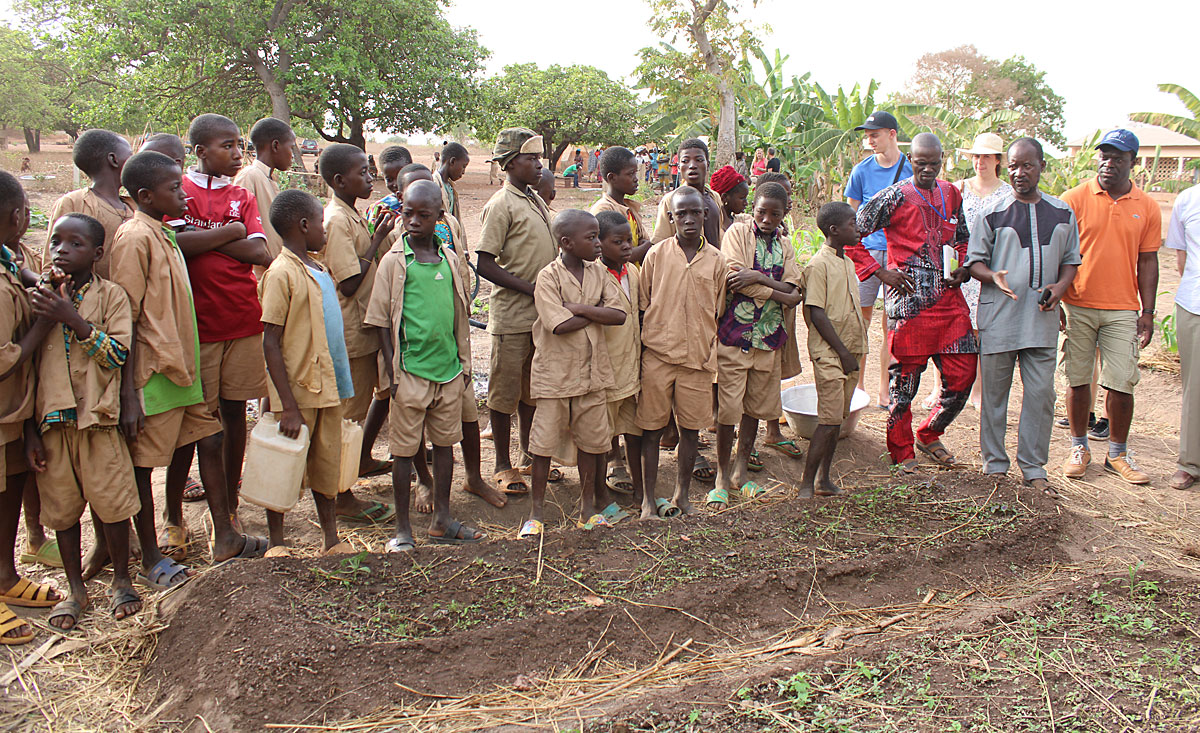
Results and developments
The fruits and vegetables from the school garden allow the cooking mothers to prepare balanced meals for the children. The teachers and students learn how to grow fruits and vegetables.
So far, we have successfully planted gardens in 27 partner schools. Eighty-four schools, including 15 schools with wells, are still waiting for their gardens. We seek funds to provide all our partner schools with a fenced vegetable garden and water.
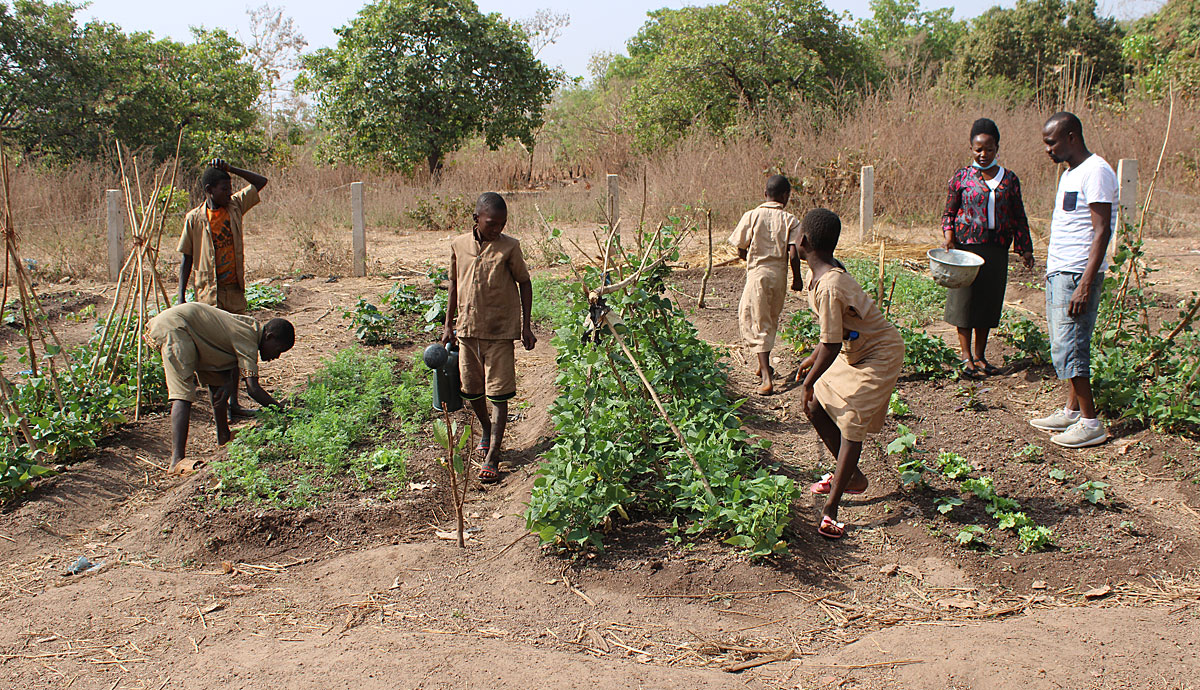
Do you also want to support this project?
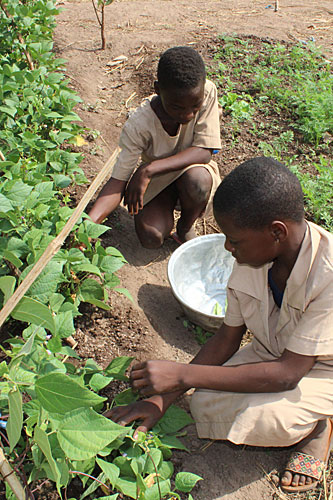
- Watering can: 10 euros each.
- Spade, shovel, or rake: 20 euros each
- Seeds and planting materials: 40 euros
- Wheelbarrow: 75 euros each.
Or you can always transfer an amount to account number BE14 7865 8929 4683 of the Hubi & Vinciane Foundation with the mention “School Gardens + your name”
For donations from 40 euros you will receive a tax certificate. For donations made in 2022, the tax reduction is 45%
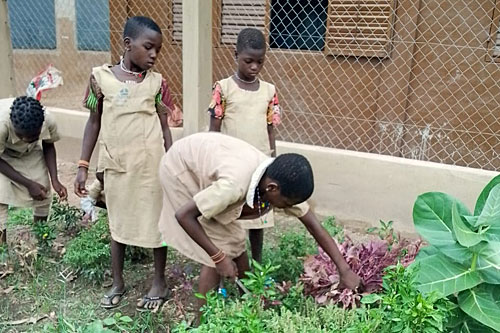
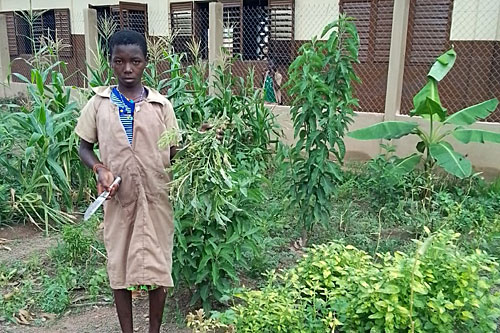
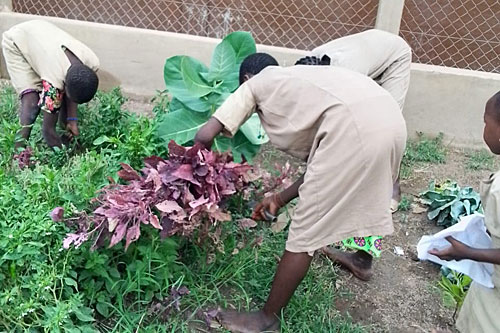
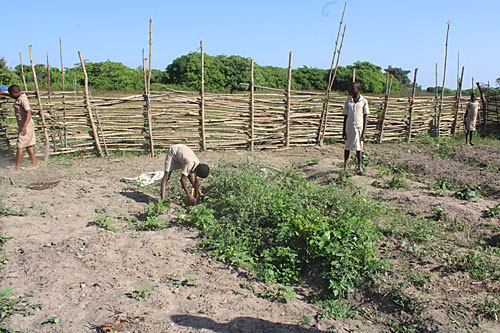
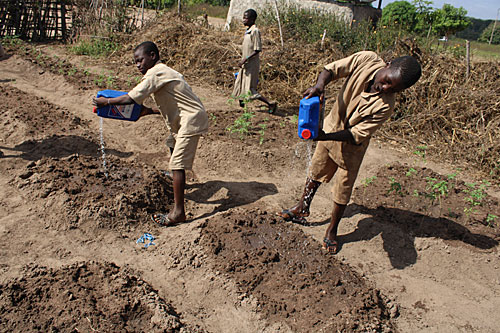
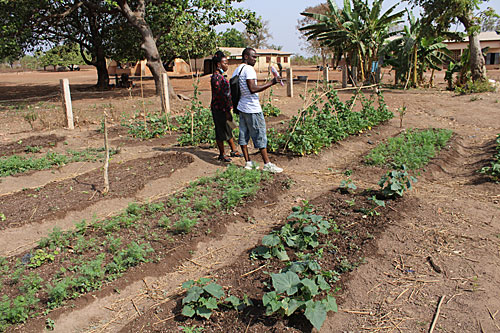
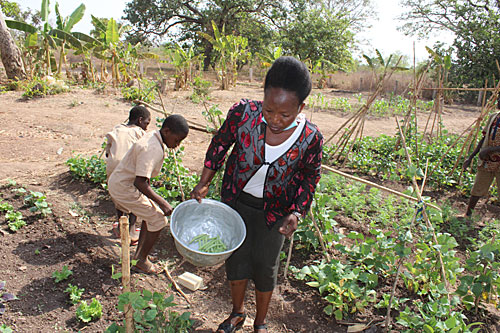
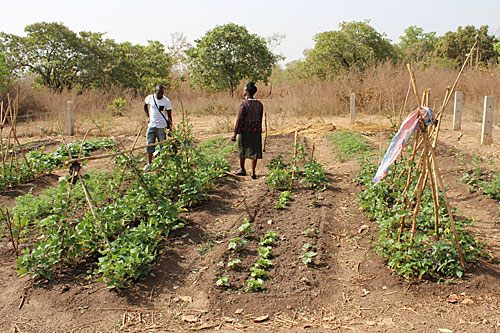
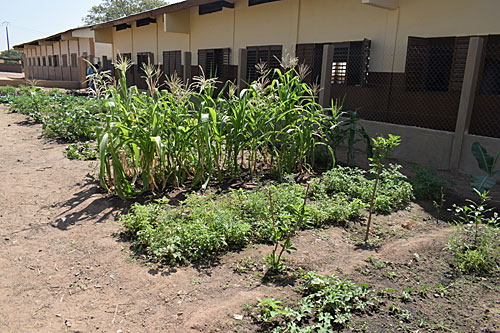
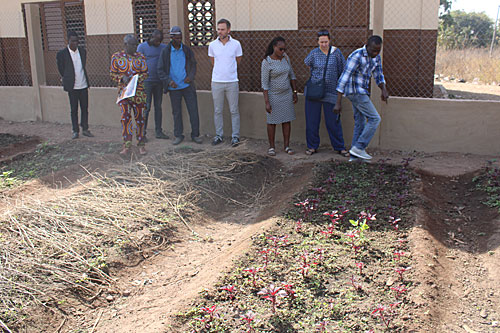
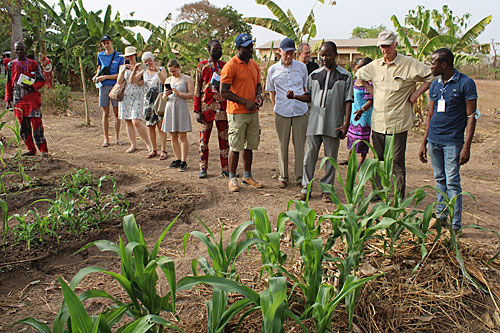
Producing corn in the off-season: it’s possible
If you know that there is only one rainy season in the north of Benin, it is hard to believe that corn can grow there. Yet it is possible.
The local Foundation team plants trees at the Bonsi school in N’Dali
This year, on National Tree Day, the local team launched a forestation campaign together with Bonsi Primary School in N’Dali Municipality.

